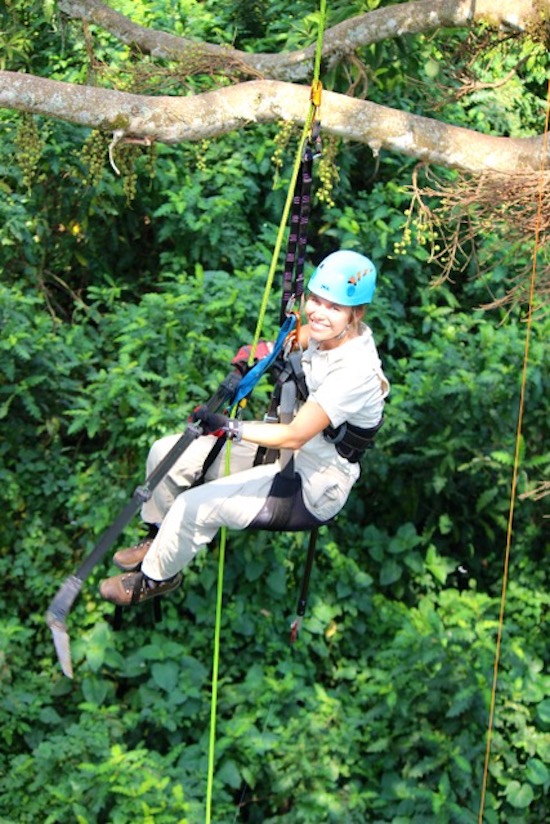STEM Shoutout: Dr. Sherry Nelson
UNM associate professor of anthropology studies changes in the fossil record to investigate the evolution of apes and humans
Dr. Sherry Nelson, associate professor of anthropology, is currently researching the interaction of climatic, vegetation, and faunal changes in the fossil record. These changes give indications to the ecological requirements for changes in body size, brain size, and maternal investment in apes and humans alike.
“I use stable isotopic and dental microwear analyses to reconstruct paleohabitats, climates, and diets of fossil species. To better reconstruct the past, I also work with modern ecosystems, including a modern chimpanzee site. My goal is to have a direct comparison between fossil and modern data to better interpret fossil ape and hominin adaptations,” Nelson said.
Nelson is focusing on how Miocene apes in Asia and Europe differ in habitat requirements compared to rainforest-bound modern apes in hopes of understanding how climate change affected Miocene apes’ extinction.
“If fossil apes differed in their habitat and dietary requirements from modern apes, then how, with similar body and brain sizes as well as life history regimes, could they ecologically afford to exploit harsher habitats?” Nelson said.
Nelson also is conducting research at Kibale National Park in Uganda.
“My work…involves isotopic analyses of chimpanzee habitats, including both fauna and vegetation, in order to provide a means of comparing fossil ape and early hominin paleoecologies to those of our closest living relative. My goal is to understand what habitat could drive the changes we see from ape to hominin but still support the earliest hominins whose ancestors required rainforest and a year-round supply of fruit,” Nelson said.
“I love the combination of fossil and modern habitat studies because it provides me with many different avenues for laboratory and field research, with my most recently acquired skill being tree-climbing in a rainforest!” Nelson said.

